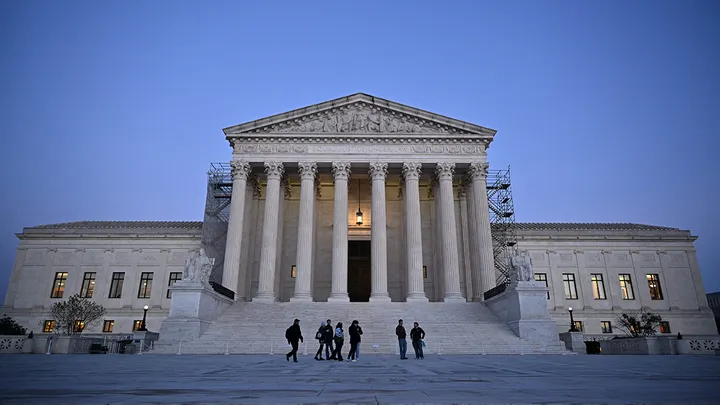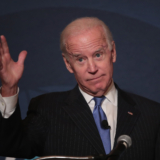Supreme Court Hears Challenge to Trump-Era Tax Provision with Far-reaching Implications for U.S. Tax Code
The U.S. Supreme Court has recently heard oral arguments in the case of Moore v. the United States, a landmark legal challenge that questions the constitutionality of a tax provision central to former President Donald Trump’s sweeping tax overhaul. The case, with implications that extend beyond the realm of foreign income taxation, could potentially reshape the entire U.S. tax code.
At the heart of the matter is Section 965, a measure included in Trump’s tax overhaul, which imposed a one-time transition tax on foreign earnings accrued by certain overseas corporations owned by U.S. shareholders between 1986 and the end of 2017. The provision targeted earnings that had previously enjoyed deferral benefits.
The plaintiffs, Charles and Kathleen Moore, supported by anti-regulatory groups, argue that Section 965 is unconstitutional as it taxes “unrealized” income, violating the 16th Amendment. The Moores, investors in an India-based company, KisanKraft, were required to pay a one-time $15,000 tax on their foreign investment. They contend that since the profit was reinvested into the company and never received as actual income, it should not be subject to taxation.
Experts view this case as a proxy battle over the legality of a wealth tax, given the focus on the mandatory repatriation tax during oral arguments.
“The mandatory repatriation tax is the subject of this litigation, but you can tell from the oral arguments, from the briefing, that there’s a real focus on a wealth tax and whether that wealth tax, if ever passed by Congress, is constitutional,” noted Gary Scanlon, a principal at KPMG’s Washington National Tax office.
The Moores’ argument revolves around the 16th Amendment, enacted in 1913, granting Congress the power to tax incomes “from whatever source derived.” They question the constitutionality of taxing income that has not been realized.
“If you haven’t received any income, how can you be required to pay income taxes?” Charles Moore questioned in a video shared by the Competitive Enterprise Institute, which is representing the Moores. “It seemed, to both of us, unconstitutional.”
The Department of Justice counters that the one-time repatriation tax is constitutional, asserting that the 16th Amendment does not mandate Congress to tax only realized gains.
If the Moores prevail, the federal government may face substantial revenue losses, potentially having to refund billions of dollars in collected taxes. Moreover, a victory for the Moores could have broader implications, potentially invalidating large portions of the tax code and preemptively challenging proposals such as Sen. Elizabeth Warren’s wealth tax.
“A decision for the Moores would necessitate a rethink of, quite frankly, the entire tax code,” Scanlon emphasized.
Former House Speaker Paul Ryan, a key figure in drafting the Trump-era tax law, echoes concerns that a victory for the Moores could render significant portions of the tax code unconstitutional.
“A lot of the tax code would be unconstitutional if [Moore] prevailed,” Ryan warned. “I think it’s a misguided challenge.”
A majority of Supreme Court justices appeared skeptical of the U.S. Solicitor General’s claim that there is no realization requirement in the 16th Amendment. However, they also expressed doubts about striking down the tax. Justice Brett Kavanaugh suggested the court could issue a narrow ruling to sidestep the question of whether income must be realized for Congress to tax it.
A final ruling in Moore v. the United States is expected by next June, with the potential to reshape the landscape of U.S. tax law.






